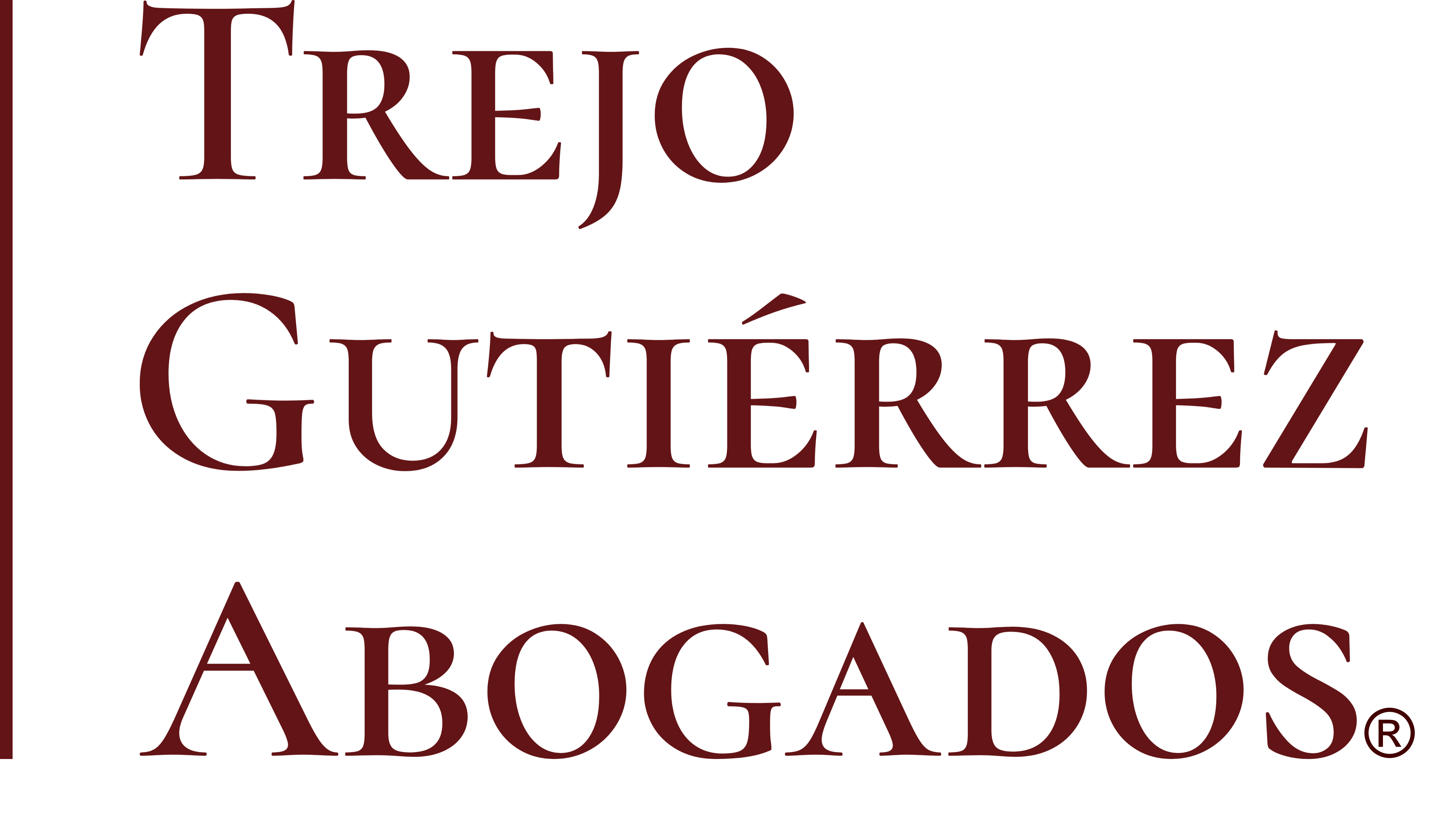
Regulation of non-discrimination in the workplace
The Ministry of Labor and Social Welfare (STPS), as of 2009, implemented the Mexican Standard NMX-R-025-SCFI-2009 for Labor Equality between Women and Men (the Standard). The Standard was established in order to evaluate and certify the practices in matters of labor equality and non-discrimination implemented in the workplaces.
The STPS seeks to promote a work culture where sex, age, disability, health status or any other condition are not an obstacle to labor inclusion in the workplace, and job opportunities are opened to the most disadvantaged sectors of the society
Therefore and in order to comply with national and international regulations on equality and non-discrimination at work, adequate work environment, accessibility, ergonomics and freedom of association, the name of the Standard was modified, remaining as NMX-R-025- SCFI-2012 (the Updated Standard).
On the other hand, the National Council to Prevent Discrimination (CONAPRED), has as its main entitlement to promote actions to prevent and eradicate discrimination. In 2011, it designed and implemented the Action Guide against Discrimination: “Institution Committed to Inclusion” (ICI Guide), in order to support and advise public, educational institutions, companies and social organizations throughout the country in construction of the culture of labor equality and non-discrimination.
The three previous mechanisms have contributed to generating a culture of respect and compliance with equality and non-discrimination in the workplace. However, despite the efforts made to safeguard the rights of employees, various forms of discrimination still persist in the labor market, which represent obstacles to the full enjoyment of their human and labor rights. This discrimination inhibits the equal exercise of freedoms, rights and opportunities of people, excludes them and puts them at a disadvantage to fully develop their lives
From 2009 to 2012, 1,082 private sector workplaces and 443 institutions from the three levels of government were certified in the Standard. Likewise, in the Updated Standard (i) in 2013, 10 private sector companies were certified with 695 workplaces, and 66 institutions with 382 dependencies and administrative units of the three levels of government; (ii) during 2014, 6 companies with 9 private sector workplaces and 11 institutions with 51 agencies and administrative units of the three levels of government were certified; and (iii) for the period January-September 2015, 14 workplaces were certified.
The Federal Labor Law (LFT) establishes the guidelines to promote inclusion and substantive equality in Mexico. With this, the Mexican State reaffirms its commitment to equality and balance in labor relations, strengthens the protection of employees’ rights and promotes the generation of formal jobs.
Likewise, the Federal Law to Prevent and Eliminate Discrimination (LFPED), which is harmonized with the human rights contained in the international treaties on the matter ratified by the Mexican State, establishes that all discrimination based on ethnic or national origin, gender, age, disability, social and health condition, religion, opinions, sexual preferences, marital status or any other that violates human dignity is prohibited.
Although it is true that to date the certification of employers in the Updated Standard has not been required, it would be well worth having it on the agenda, since it is very likely that from one moment to another it could be required. In addition, the certification process consists of no more than ten actions to be fulfilled in order to obtain it, with the implementation of which we can gladly help you.
At Trejo Gutiérrez Abogados, we have a group of experts in labor matters with more than 20 years in the market. Please do not hesitate to contact us, we will be glad to provide the personalized legal advice that you require, including legal advice, training and implementation of action plans to ensure due compliance with the Mexican Standard NMX-R-025-SCFI-2012.
